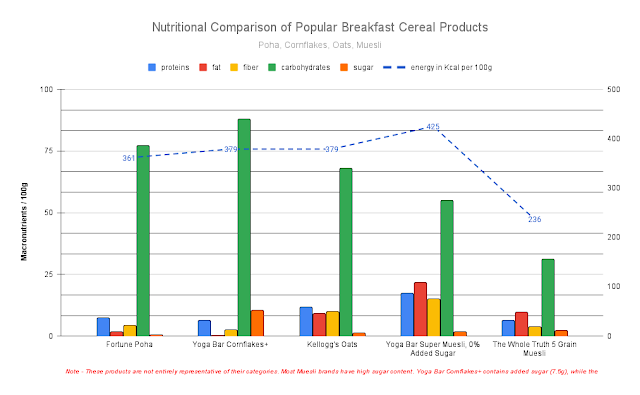Psyllium Husk: Nature’s Soluble Fiber Powerhouse
Psyllium husk or Isabgol is most commonly recognized as the key ingredient in many over-the-counter laxatives.
But there’s much more to this humble husk.
Where Psyllium Comes From
Psyllium husk is the outer covering of the Plantago ovata seed, a shrub that thrives in the sandy deserts and plains of Gujarat and other arid regions.
The husk can be consumed:
- as a powder,
- in capsules, or
- whole, where it resembles tiny wood shavings.
Once mixed with water, it transforms into a thick, gel-like substance and that gel is where its magic lies.
A Soluble Fiber Superstar
Psyllium is almost entirely soluble fibre. Unlike insoluble fiber (which passes through unchanged), soluble fibre absorbs water and turns into a gel during digestion.
This gel can:
- Bind bile acids (which contain cholesterol)
- Carry them out of the body
- Reduce the LDL cholesterol that circulates in your bloodstream
Just one tablespoon of psyllium gives you about 7 grams of fibre, a big deal considering most adults do not meet the recommended 25–30g of daily fibre.
How Psyllium Works Inside You
The gel formed by psyllium has several benefits:
1. Improves digestion
It absorbs water, increasing stool bulk and softness — a gentle, effective remedy for constipation.
2. Slows carbohydrate absorption
This stabilizes blood sugar by preventing spikes.
3. Helps with satiety and appetite control
The thick gel slows digestion, making you feel full for longer.
4. Boosts beneficial gut bacteria
Psyllium increases butyrate-producing bacteria such as Faecalibacterium and Roseburia.
Butyrate supports:
- gut lining integrity
- reduced inflammation
- better immunity
5. Helps reduce cholesterol
It lowers lipids through two mechanisms:
- coating fats so less is digested
- binding bile acids so more are excreted
Both contribute to better heart health.
6. Supports GLP-1 release
As the soluble fiber ferments, it produces short-chain fatty acids (SCFAs) that stimulate GLP-1 (glucagon-like peptide-1), the hormone that:
- promotes satiety
- helps regulate blood glucose
No wonder some influencers call it “Nature’s Ozempic.”
Great for Gluten-Free Baking
Psyllium acts as a natural binder. It:
- retains moisture
- improves texture
- makes gluten-free breads less crumbly
Important: Stay Hydrated
Because psyllium absorbs so much water, you must drink 8–10 glasses of water a day to avoid digestive discomfort.
And remember, psyllium isn’t a magic bullet. Pair it with:
- a balanced diet
- regular movement
- proper medical guidance
for lasting benefits.




Comments
Post a Comment